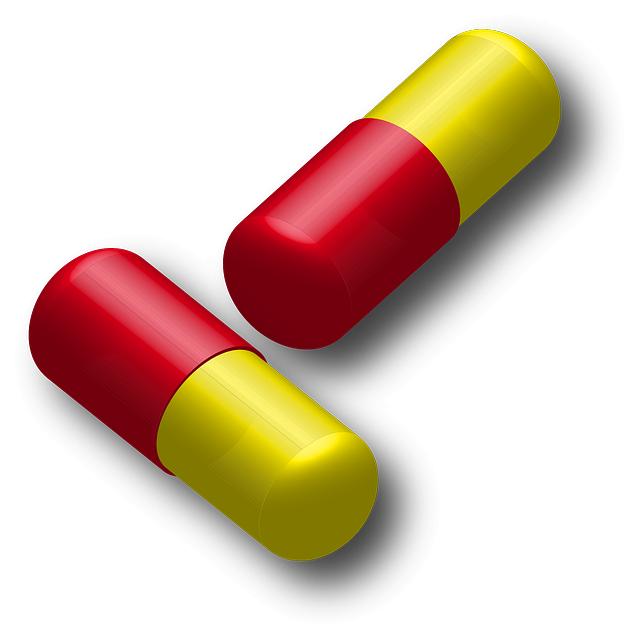
In order to ensure a healthy body and overall well-being, it is crucial to have a sufficient number of red blood cells. These cells are responsible for transporting oxygen from the lungs to the rest of the body. If red blood cell production is lacking, it can lead to anemia, fatigue, weakness, and a variety of other health issues.
While there are many ways to increase red blood cell production, one of the most effective and convenient methods is to incorporate supplements into your daily routine. These supplements can provide the nutrients and compounds necessary to support the body’s natural red blood cell production. In this article, we will discuss the top 5 supplements to boost red blood cell production and improve overall health.
1. Iron
Iron is an essential mineral that plays a crucial role in red blood cell production. It is a key component of hemoglobin, the protein in red blood cells that carries oxygen throughout the body. Iron deficiency is a common cause of anemia, which can lead to fatigue, weakness, and other health issues.
Supplementing with iron can help increase red blood cell production and improve overall health. There are many different forms of iron supplements available, including ferrous sulfate, ferrous gluconate, and ferric citrate. It is important to consult with a healthcare professional before starting an iron supplement, as excessive iron levels can be harmful.
2. Vitamin B12
Vitamin B12 is another crucial nutrient for red blood cell production. It plays a key role in the formation of red blood cells and helps to maintain the health of the nervous system. Vitamin B12 deficiency is a common cause of anemia and can lead to fatigue, weakness, and neurological symptoms.
Supplementing with vitamin B12 can help increase red blood cell production and improve overall health. There are many different forms of vitamin B12 supplements available, including cyanocobalamin and methylcobalamin. It is important to consult with a healthcare professional before starting a vitamin B12 supplement, as excessive vitamin B12 levels can be harmful.
3. Folate
Folate, also known as folic acid, is a B vitamin that is essential for red blood cell production. It plays a key role in the synthesis of DNA and the formation of red blood cells. Folate deficiency is a common cause of anemia and can lead to fatigue, weakness, and other health issues.
Supplementing with folate can help increase red blood cell production and improve overall health. There are many different forms of folate supplements available, including folic acid and methylfolate. It is important to consult with a healthcare professional before starting a folate supplement, as excessive folate levels can be harmful.
4. Vitamin C
Vitamin C is an essential nutrient that plays a key role in red blood cell production. It helps to enhance the absorption of iron, which is crucial for the formation of hemoglobin. Vitamin C also plays a role in protecting red blood cells from damage caused by free radicals.
Supplementing with vitamin C can help increase red blood cell production and improve overall health. There are many different forms of vitamin C supplements available, including ascorbic acid and calcium ascorbate. It is important to consult with a healthcare professional before starting a vitamin C supplement, as excessive vitamin C levels can be harmful.
5. Copper
Copper is a trace mineral that plays a key role in red blood cell production. It is essential for the formation of hemoglobin and helps to regulate iron metabolism. Copper deficiency can lead to anemia and other health issues.
Supplementing with copper can help increase red blood cell production and improve overall health. There are many different forms of copper supplements available, including copper gluconate and copper sulfate. It is important to consult with a healthcare professional before starting a copper supplement, as excessive copper levels can be harmful.
In conclusion, these top 5 supplements are beneficial for boosting red blood cell production and improving overall health. However, it is important to consult with a healthcare professional before starting any new supplement regimen to ensure that it is safe and appropriate for your individual needs. With the right combination of supplements and a healthy lifestyle, you can support your body’s natural red blood cell production and enjoy better overall health and well-being.

















